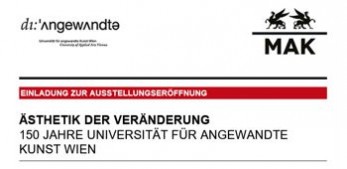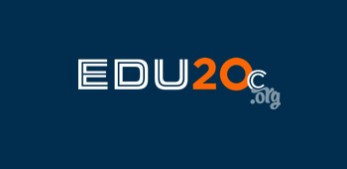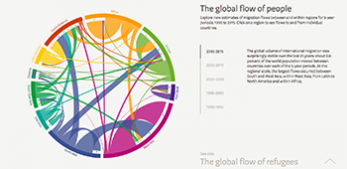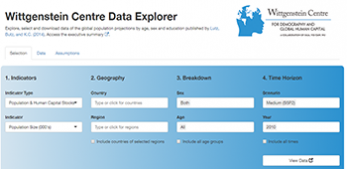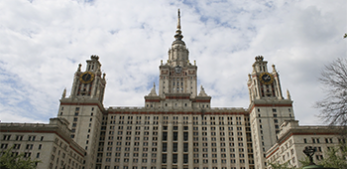News Archive 2017
Vulnerability and the future of families with children in Europe
20 DEC 2017
Nine questions and corresponding answers prepared by Centre scientist Bernhard Riederer as a result of the work within the FamiliesAndSocieties Project.
More
The Centre at the Austrian Museum of Applied Arts - upcoming exhibition: "Aesthetics of Change"
4 DEC 2017
The Centre contributed insights from recent demographic research to explore the question of how migration will affect society, the arts and education.
More
Reconstructing Educational Attainment of Populations in the 20th Century
30 OCT 2017
The reconstructed data is now available!
More
Corresponding Research Areas: Human Capital Data Lab
The Global Flow of People - an online data visualisation by N. Sander, G. Abel and R. Bauer - at Weltmuseum Wien
25 OCT 2017
The touch screen installation that allows to explore migration and refugee flows is shown in the permanent exhibition from 25th October onwards.
More
How we make life choices
24 OCT 2017
Centre Director Alexia Fürnkranz-Prskawetz served as guest editor for The Science of Choice - an online open access supplement from Population Studies.
More
Introduction to the Wittgenstein Centre Data and Graphic Explorer
23 OCT 2017
This tool provides data, projection assumptions and results on the population of all world countries (195) by age, sex, and education for alternative scenarios.
More
The socio-economics of aging
23 OCT 2017
Alexia Fürnkranz-Prskawetz is keynote speaker at the 5th International Workshop on the Socio-Economics of Ageing, 27 Oct in Lisbon.
More
Mengni Chen received Tang Kwong Leung Social Work Thesis Prize 2016-17
20 OCT 2017
The prize was awarded by the Faculty of Social Science, University of Hong Kong, honoring the dissertation on fertility trends in high-income Asian societies.
More
Demographic education and population studies in universities
16 OCT 2017
Sergei Scherbov and Dalkhat Ediev will present latest research from the Re-aging project on 19 Oct 17 at Lomonosov Moscow State University.
More
WIC research is part of the UN annual report: World Population Aging 2017
6 OCT 2017
The UN relied on new measures of aging developed at the Wittgenstein Centre, leading to more optimistic projections for aging populations around the world.
More
Archive: 2025 2024 2023 2022 2021 2020 2019 2018 2017 2016 2015 2014 2013 2012 2011
The Wittgenstein Centre aspires to be a world leader in the advancement of demographic methods and their application to the analysis of human capital and population dynamics. In assessing the effects of these forces on long-term human well-being, we combine scientific excellence in a multidisciplinary context with relevance to a global audience. It is a collaboration among the Austrian Academy of Sciences (ÖAW), the International Institute for Applied Systems Analysis (IIASA) and the University of Vienna.


